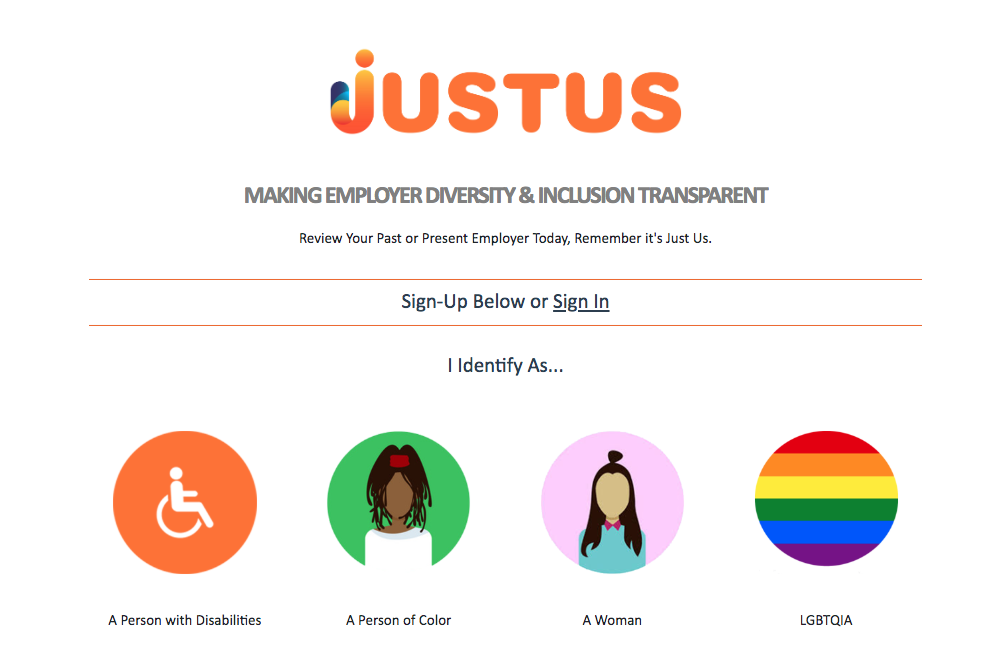This piece was submitted from a member of our enthusiastic community of readers. If you’re interested in sharing your opinion on any cultural, political or personal topic, check out our how-to post to learn more.
At 23 years old, I was ready to retire. And frankly, I still am. I am told that during your early 20s, you’re at your peak level of optimism. If that is truly the case, then I’m in for a wild ride.
After I graduated from Boston College in 2016, I found, as many other young millennials do, a lot of uncertainty. Uncertainty started feeling familiar, I had an exorbitant amount of debt, and alongside 78% of Americans, I was living paycheck to paycheck. Higher education is no longer a guarantee or a safe bet that you will make a decent living or that will be able to cherry pick your ideal job.
The future seemed bleak. People spend years and years at a company to achieve promotions, a higher salary or a title change. Correction: the future not only seemed bleak it seemed depressing.
As my full-time roles changed from a fast faced startup, to a nonprofit (briefly) and to a computer science incubator within academia, one thing remained constant: finding a company culture that is productive to your growth, especially as a Black woman, is hard.
At first, I accused myself of having a commitment problem. Maybe I was the problem. Maybe I needed to get “used to the company culture.” As I spoke to others that looked like me and encountered the same prejudice as I did, I realized that I was not alone. The commitment problem did not stem from me, it stemmed from the places where I was employed.
People of color, alongside other marginalized groups, have a much harder time getting paid the same amount that their counterparts doing the same job do. These groups also have a much harder time finding their place in a culture that wasn’t built around inclusion. Pay equity, inclusive culture and a pathway to senior leadership should be an entitlement once you sign your name on the dotted line of that offer letter, but it’s not.
I’ve spent evenings working out my frustrations on the treadmill after voicing my opinion only to be shot down countless of times. I’ve also been working late nights that were expected of me, but not of others. Which parts of my identity gave people the confidence to ride me so hard?
But I’m an entrepreneur, so I’m doing something about it.
Diversity and Inclusion rankings on established online publications do not echo the sentiments of their diverse employees. Instead, it's pay to play. Why does this all matter? Companies cannot make equitable change unless they take care of home first. So I took a deeper dive into the problem, enlisted the help of some colleagues turned friends, and with that, Justus arrived!
Justus is a platform that affinity groups including, women, people of color, people with disabilities and LGBTQIA+ people can write reviews on their present or previous employers. In the age of transparency, it's crucial that the reviews of these groups are protected, valued and disseminated. This platform, by no means, accounts for all of the affinity/marginalized groups that exist, but it's a start. All reviews are anonymous and when registering, you are able to choose more than one identity, because intersectionality is important.
Do you love your workplace? Do you have a shady company culture? We’re just getting started, help us pilot our platform by writing a review. It’s just us and your voice has power. Let’s chat, let’s support one another and glean from one other’s experiences.
Follow Justus on Facebook, Twitter and LinkedIn. Contact Justus at contact@joinjustus.com.
